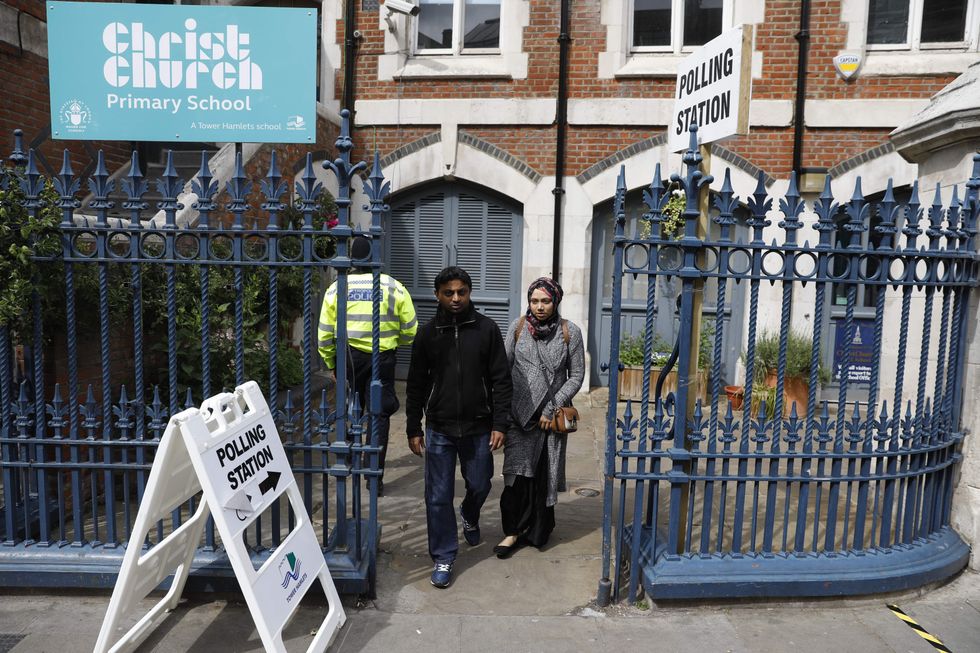INCIDENCE of stroke and related deaths are rising substantially around the world, with air pollution, high temperatures and metabolic risk factors such as high blood pressure and physical inactivity, driving these increases, according to estimates published in The Lancet Neurology journal.
Researchers found that the contribution of high temperatures to poor health and early death due to stroke has increased 72 per cent since 1990 and is likely to continue increasing in the future, thereby highlighting how environmental factors can impact growing stroke burden.
Further, for the first time, particulate matter or PM air pollution was found to have the same contribution as smoking towards causing a fatal form of brain bleed, according to the researchers forming the Global Burden of Disease, Injuries, and Risk Factors Study (GBD) group.
The GBD study, the "largest and most comprehensive effort to quantify health loss across places and over time", is coordinated by the Institute for Health Metrics and Evaluation (IHME), University of Washington, US.
Globally, the number of people experiencing a stroke for the first time rose to 11.9 million in 2021 -- up by 70 per cent since 1990 -- while deaths related to stroke rose to 7.3 million, which was up by 44 per cent since 1990, making the neurological condition the third leading cause of death after ischaemic heart disease (short supply of blood to heart) and Covid-19.
They added that over three-fourth of those affected by strokes live in low- and middle-income countries.
According to lead author Valery L. Feigin from Auckland University of Technology, New Zealand, the rapid growth in the number of people affected by stroke strongly suggested that stroke prevention strategies currently used are not sufficiently effective.
"New, proven effective population-wide and motivational individual prevention strategies that could be applied to all people at risk of having a stroke, regardless of the level of risk, as recommended in the recent Lancet Neurology Commission on Stroke should be implemented across the globe urgently," said Feigin.
The researchers also estimated that stroke-related liabilities attributable to 23 modifiable risk factors, including air pollution, excess body weight, high blood pressure, smoking and physical inactivity, increased from 100 million years of healthy life lost in 1990 to 135 million in 2021.
These risk factors are present in huge numbers in Eastern Europe, Asia and sub-Saharan Africa, they said.
The authors also acknowledged substantial progress made in reducing the global stroke burden from risk factors linked to poor diet, air pollution and smoking.
Poor health resulting from diets high in processed meat and low in vegetables declined by 40 per cent and 30 per cent, respectively, while that due to PM air pollution and smoking fell by 20 per cent and 13 per cent, respectively, they found.
The results suggested that strategies for reducing exposure to these risk factors over the past three decades such as clean air zones and public smoking bans have been successful, the authors said.
They called for implementing and monitoring the evidence-based recommendations set out in the 2023 World Stroke Organization-Lancet Neurology Commission on stroke for drastically reducing the global burden of stroke in the years to come and improving brain health and overall well-being of millions of people around the world.
The recommendations include stroke surveillance programmes that monitor indicators of stroke such as incidence, recurrence, death rates and risk factors in a country, and care and rehabilitation services for people affected by stroke.
(PTI)


















 Efforts are underway to modernise voting systems
Efforts are underway to modernise voting systems The exit poll showed a lead for Labour in the July general election, which may have put off some voters from casting their ballots
The exit poll showed a lead for Labour in the July general election, which may have put off some voters from casting their ballots
 Rokey as Minty with Tianah Hodding as Clover during Animal Farm rehearsals
Rokey as Minty with Tianah Hodding as Clover during Animal Farm rehearsals

 Hadiqa Kiani
Hadiqa Kiani Cover of her EP
Cover of her EP Kiani with Asjad Nazir
Kiani with Asjad Nazir